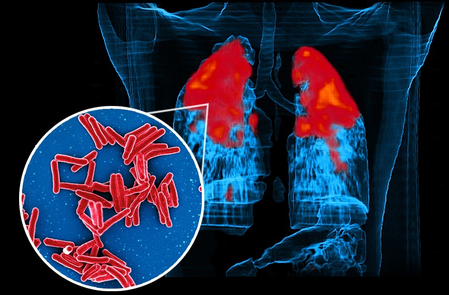
Luanda, Feb 18 (IANS) The number of people killed in the latest cholera outbreak in Angola has reached 150, the Health Ministry has said.
A total of 4,235 people have been infected since early January, the ministry said.
Cases have been reported in 10 of the country’s 21 provinces, with 86 per cent of overall cases and 84 per cent of deaths occurring in the capital, Luanda, and the neighbouring Bengo Province.
Since February 1, Angola has recorded more than 100 new cholera cases daily, peaking at 295 on February 8, the ministry said.
However, laboratory testing remains limited, with only around 20 samples analysed per day.
More than 925,000 people had been vaccinated against cholera, covering 86 per cent of the target population, the health ministry said in a February 10 bulletin, Xinhua news agency reported.
The World Health Organization (WHO), in a cholera flash update, said it has been working on vaccination and safe water initiatives in Angola. It also plans to support Angolan health authorities in case-finding, case-management, health campaigns, and response team training.
According to the WHO, Cholera is an acute diarrhoeal infection caused by consuming food or water contaminated with the bacterium Vibro cholerae. It is a global public health threat and indicates inequity and lack of social and economic development. Access to safe water, basic sanitation and hygiene is essential to prevent cholera and other waterborne diseases.
Most people with cholera have mild or moderate diarrhoea and can be treated with oral rehydration solution (ORS). However, the disease can progress rapidly, so starting treatment quickly is vital to save lives. Patients with severe disease need intravenous fluids, ORS and antibiotics.
Cholera can cause severe acute watery diarrhoea, which can be fatal within hours if untreated. Most people infected with Vibro cholerae do not develop symptoms but can spread the bacteria through their faeces for 1–10 days. Symptoms appear 12 hours to 5 days after infection.
Cholera has been known for many centuries. The first pandemic, or global epidemic, was recorded in the 19th century. Since then, six pandemics have killed millions of people worldwide. The current (seventh) pandemic started in South Asia in 1961 and continues to affect populations globally.
–IANS
int/jk/as




